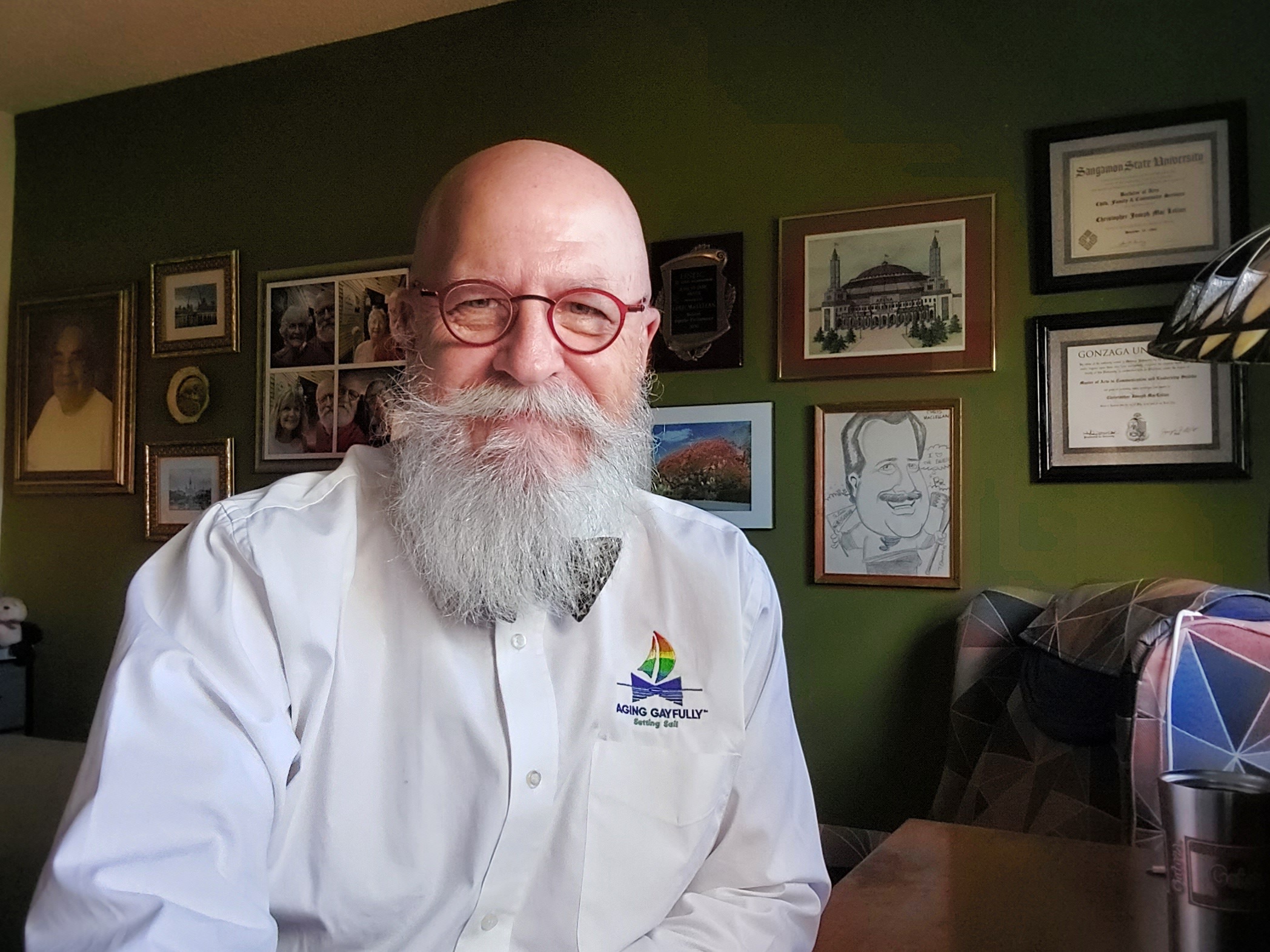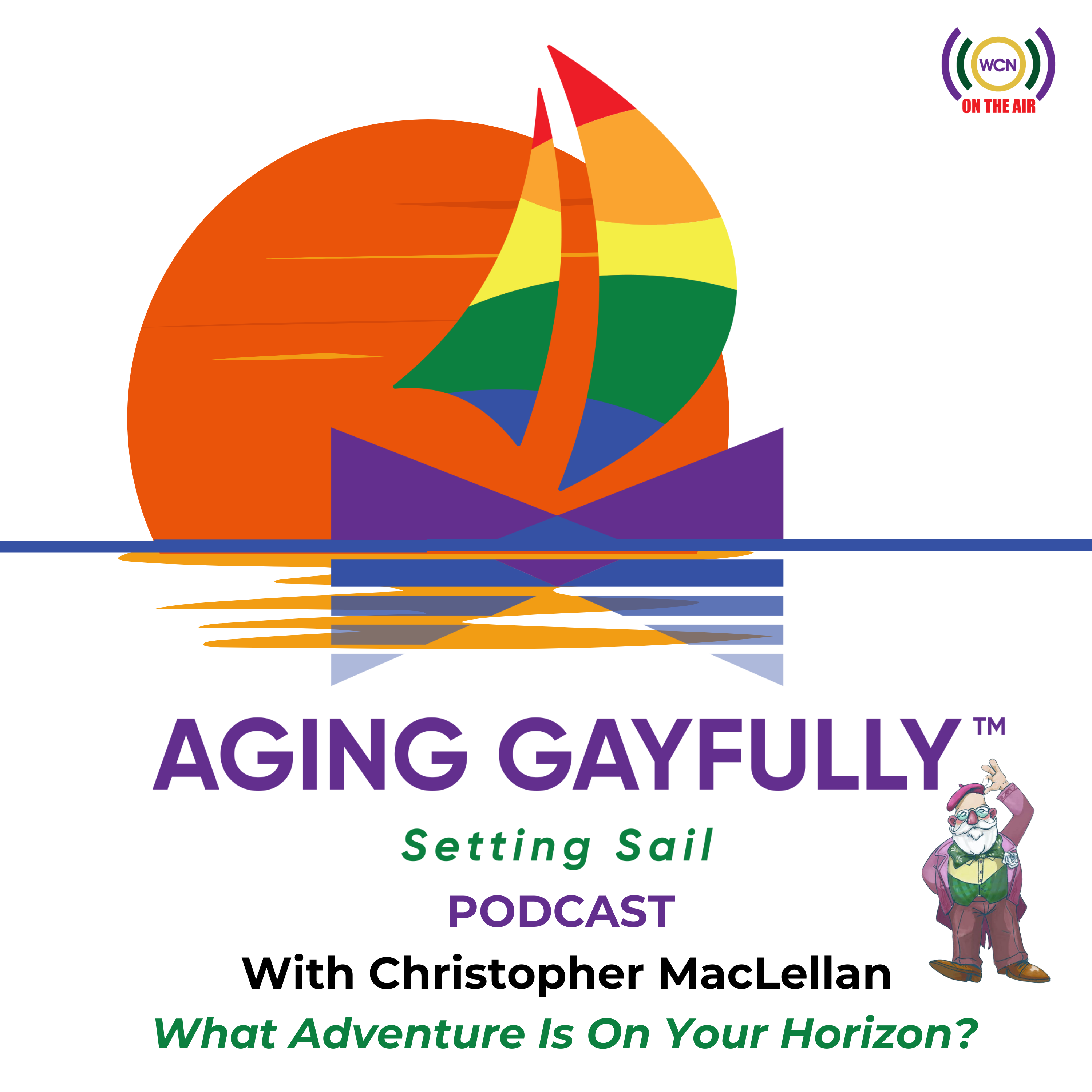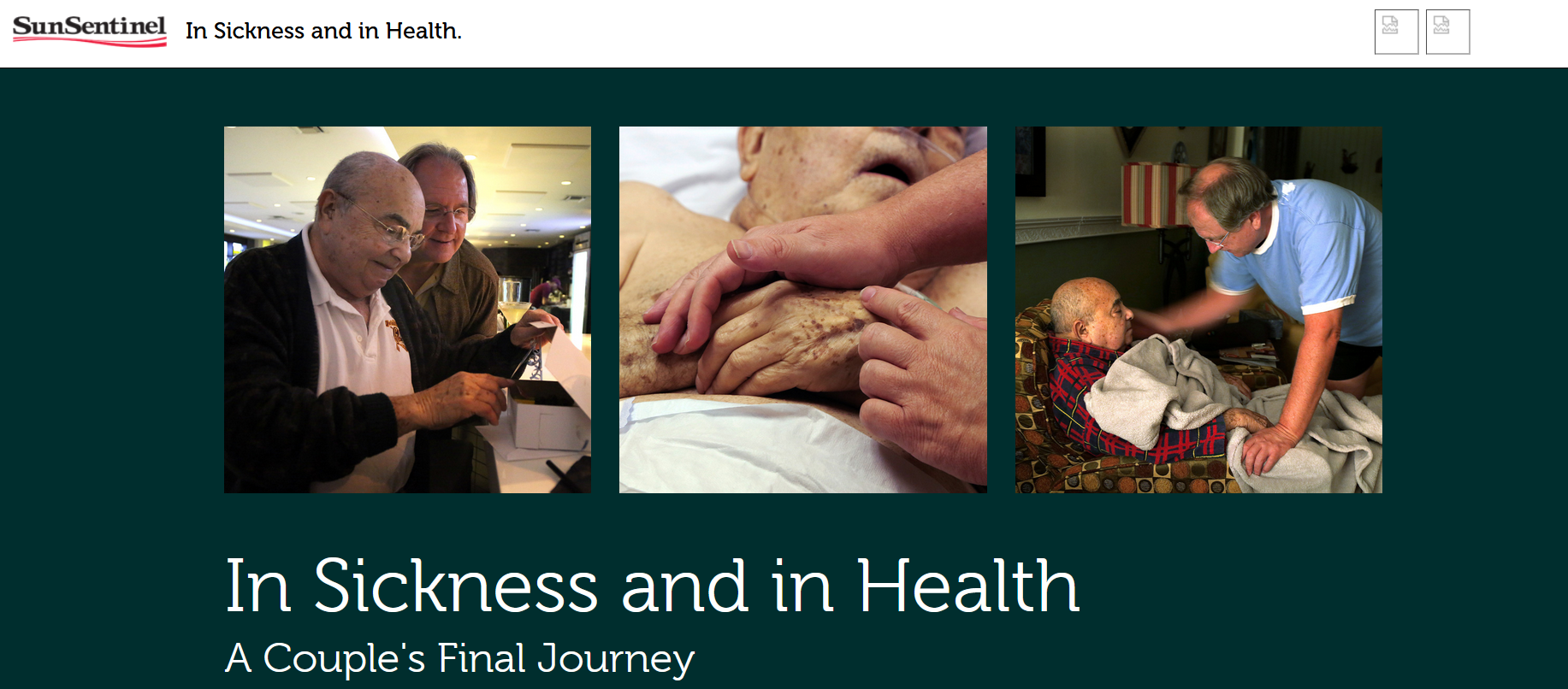Strength and growth come only through continuous effort and struggle. Napoleon Hill

Photo Credit: Neny2ki@blogspot.com
The road to Spokane got a little bumpy this past week as I ended up having to rewrite Chapter 2 of my thesis. No big deal, other than it will make this week a little more hectic as I approach my next deadline of February 22nd for Chapter 3, but the road is clear! Within the next week, I will have a survey to distribute and will be asking many of you to take an anonymous survey on Caregiving, Stress and its Impact in the Work Place. My good friend, Denise Brown at Caregiving.com has graciously offer to help in this process. Everything surrounding writing a thesis is a process, even down to having the survey approved by the department. It been quite a learning experience.
Approaching my fifty-ninth birthday, Richard’s 2nd anniversary of his life transition, and

Now Future Past
writing my thesis has afforded me the opportunity to take inventory of the past while pondering what lies ahead of me in the future. It’s pretty simple: can’t do anything about the past, not sure about the future, today is what is important. Boy, did it take me a few years, and a lot of knocks on the head to figure this out and...to apply this little bit of philosophy to my life. I thank my friend Sam for his sage advice, reminding me of the importance to let go and let live.
 I know during Richard’s illness and especially the last six months of his life, all my attention was solely focused on him. (And I have no regrets!) I constantly worried about tomorrow, along with worrying about the past, while in the process of being attentive to the present. Whew…What a load to carry! Adjusting my thought process to focusing on “today” has not be easy, but I sense the transition in my thought process is changing. Compassion fatigue is slowly withering away.
I know during Richard’s illness and especially the last six months of his life, all my attention was solely focused on him. (And I have no regrets!) I constantly worried about tomorrow, along with worrying about the past, while in the process of being attentive to the present. Whew…What a load to carry! Adjusting my thought process to focusing on “today” has not be easy, but I sense the transition in my thought process is changing. Compassion fatigue is slowly withering away.
Over the years while writing this blog, I’ve focused most, if not all of my attention of my writing about Richard’s illness and our life together. While I did the writing, Richard and I conversed regularly about the next topic to post on the blog. This blog was one of the many things that we enjoyed doing together. Now I write in memory of Richard, anticipating what lies ahead for me.
I think one of the reasons life after caregiving has been so difficult for me is because my perceive purpose in life changed at the time of Richard’s life transition. I am now just learning, thanks to my friend Sam, that is not the case. My purpose in life is to take care of myself too. Like so many other caregivers, my life got caught in the shuffle of the day-to-day responsibilities of being a family caregiver. You lose yourself in the midst of caregiving: somehow, one has to get their life back. Sometimes you do have to look into your past to  find your future.
find your future.
Part of my past includes bowling professionally in the mid 80’s. Traveling on the Pro Bowlers tour was quite an exhilarating experience. Most people who know me today would be surprised to know that underneath my perceived laid-back personality, was (is) a very highly competitive, emotional bowler. When asked about my bowling career, I always use a baseball analogy, “great at the Triple-A level, just could not get over the hump to be successful in the major leagues.” (I will leave the reasons for that for another blog post.) The last professional tournament I bowled was in 1987 in Baltimore, MD., and while I dabbled from time to time in league bowling, I have not picked up a bowling ball since I last bowled in a league in 2001. That changed just a few weeks ago.
My friend Sam encouraged me to start bowling again with some of his friends who go to the lanes on a weekly basis. Reluctant at first, (and fearful that my arm might fall off after my first throw), I decided to give it a go. Since that first endeavor to the lanes a month ago, I have been bowling now 4 more times. Even without my own bowling ball and shoes, I have had a blast and will look forward to getting in better physical shape so I can bowl more games this year.
I have heard some suggest that those who do not learn from the past are destine to repeat it. I understand the meaning behind this statement. What I have learned from my recent past is not to live in fear and isolation. However, what if we looked into a part of our past in order to help us find meaning to the present, and to our future? Many people over the years have asked me why don’t you bowl? Life-long bowling friends have said to me, “I can’t believe you don’t bowl anymore.” Yet for some reason, my friend Sam got me to bowl again and I will be forever grateful because I learned a lesson about having fun again and more importantly, letting go of fear and isolation.
Sam is kind of in the same lane I am in, his partner of 19 years passed away in March of 2015, yet his grief process is different from mine. That is to be expected! However, through his grief process, he has helped me along the road to step outside my isolation and comfort zone. Bowling was the key that has started the engine: Somehow I think Sam knew that!
Now, I am not saying that I am going to go out and get in shape an bowl a few tournaments again. But who’s to say that I can’t do that…I am not fearful anymore! I bowled for a living for a number of years, now bowling has reminded me how to enjoy life again. In planning your future after caregiving ends, take a step back and remind yourself to enjoy life to the fullest, even if it means taking a look at your past. Along the way, I hope you find a Sam in your life to help open the lane for you to your present and future.
I’m not bowling for dollars anymore, however I am bowling to get my life back, which far exceeds any monetary value.
Chris MacLellan is affectionately known as “The Bow Tie Guy” in many caregiving circles and is the author of “What’s The Deal With Caregiving” and the host of “Healing Ties” radio program.
 Allison Elkow Lazicky from Top Notch Teams is serving up Servant Leadership in more ways than one. Using the metaphor of an Oreo Cookie, Allison sets the stage by saying that before one can dig into the delicious center cream, we set expectations with the top half of the cookie and learn how to develop an attitude of gratitude with the bottom half of the cookie. I love the metaphor of the Oreo Cookie and Servant Leadership.
Allison Elkow Lazicky from Top Notch Teams is serving up Servant Leadership in more ways than one. Using the metaphor of an Oreo Cookie, Allison sets the stage by saying that before one can dig into the delicious center cream, we set expectations with the top half of the cookie and learn how to develop an attitude of gratitude with the bottom half of the cookie. I love the metaphor of the Oreo Cookie and Servant Leadership.

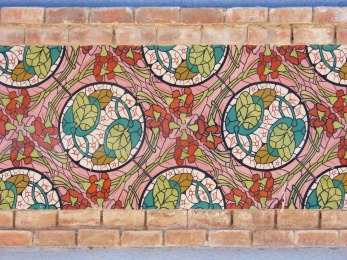 power drive or to acquire material possessions.” While Servant Leadership focus is on Business, Managers and Work Place Culture, I see a connection to Caregivers as Servant Leaders because of our role to serve first, to advocate, to be the voice for those who could not speak, to put ourselves second.
power drive or to acquire material possessions.” While Servant Leadership focus is on Business, Managers and Work Place Culture, I see a connection to Caregivers as Servant Leaders because of our role to serve first, to advocate, to be the voice for those who could not speak, to put ourselves second. As a young man, my fear always centered around my sexual orientation. As I have grown older, my fear has shifted to fearing success. What a quagmire; life is a process...I am letting go of my fears.
As a young man, my fear always centered around my sexual orientation. As I have grown older, my fear has shifted to fearing success. What a quagmire; life is a process...I am letting go of my fears. Pollyanna world. However, when we focus our communication to others with love, we tear down walls, not build them. We lift people up, not criticize them. We disagree with respect, and learn from our differences. We then break the Spiral of Silence
Pollyanna world. However, when we focus our communication to others with love, we tear down walls, not build them. We lift people up, not criticize them. We disagree with respect, and learn from our differences. We then break the Spiral of Silence message of love? Listen in and learn how Jeff Johnson is eliminating fear (and the Spiral of Silence) through the Love Not Fear Movement! Because in the end…Love Is The Winner!
message of love? Listen in and learn how Jeff Johnson is eliminating fear (and the Spiral of Silence) through the Love Not Fear Movement! Because in the end…Love Is The Winner! 




 in Leadership and Communication from
in Leadership and Communication from  I am getting ready to embark on a new road, (one that is not virtual as was my road to Spokane); I look ahead with anticipation and excitement because I am creating a life to love after caregiving ends through writing, radio, travel and advocacy.
I am getting ready to embark on a new road, (one that is not virtual as was my road to Spokane); I look ahead with anticipation and excitement because I am creating a life to love after caregiving ends through writing, radio, travel and advocacy.

 I know during Richard’s illness and especially the last six months of his life, all my attention was solely focused on him. (And I have no regrets!) I constantly worried about tomorrow, along with worrying about the past, while in the process of being attentive to the present. Whew…What a load to carry! Adjusting my thought process to focusing on “today” has not be easy, but I sense the transition in my thought process is changing. Compassion fatigue is slowly withering away.
I know during Richard’s illness and especially the last six months of his life, all my attention was solely focused on him. (And I have no regrets!) I constantly worried about tomorrow, along with worrying about the past, while in the process of being attentive to the present. Whew…What a load to carry! Adjusting my thought process to focusing on “today” has not be easy, but I sense the transition in my thought process is changing. Compassion fatigue is slowly withering away.  find your future.
find your future. 



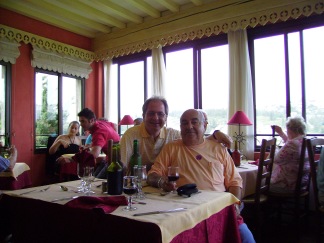


 Oh, there are many things I still want to do that were on our bucket list: visit the Grand Canyon, drive to Mount Rushmore, fly to Hawaii, more transatlantic cruises and a train ride through the Canadian Rockies. Now it is time to dust off the bucket list!
Oh, there are many things I still want to do that were on our bucket list: visit the Grand Canyon, drive to Mount Rushmore, fly to Hawaii, more transatlantic cruises and a train ride through the Canadian Rockies. Now it is time to dust off the bucket list!
 So I think adding a little asterk at the end of your bucket list to include Caregiving is a great thing to do. The asterk can be a subtle reminder to have all your legal documents in order, or to be mindful of the unexpected, but most importantly-the asterk will remind you not to procrastinate and accomplish as many items on your bucket list as possible, because before you know it, the asterk arrives at the top of your list and your bucket list then starts to gather dust.
So I think adding a little asterk at the end of your bucket list to include Caregiving is a great thing to do. The asterk can be a subtle reminder to have all your legal documents in order, or to be mindful of the unexpected, but most importantly-the asterk will remind you not to procrastinate and accomplish as many items on your bucket list as possible, because before you know it, the asterk arrives at the top of your list and your bucket list then starts to gather dust.
 I was attracted to Gonzaga’s Leadership and Communication program because of my desire to be involved in media. I had started The Purple Jacket the year before I started the program at Gonzaga and was about to start my first radio program, “Be A Healthy Caregiver” on Blog Talk Radio. I ended up with 57 different shows on “Be A Healthy Caregiver” and like, The Purple Jacket, I was happy to share our story through different forms of media. “Be A Healthy Caregiver” went off the air in the fall of 2013 when Richard’s cancer came back with vengeance, however, I continued to blog on “The Purple Jacket” which will always be our home! Heck, along the way The Purple Jacket helped coin Richard’s nick name, “TLO: The Little One!” Amazing, now approaching 2 years since
I was attracted to Gonzaga’s Leadership and Communication program because of my desire to be involved in media. I had started The Purple Jacket the year before I started the program at Gonzaga and was about to start my first radio program, “Be A Healthy Caregiver” on Blog Talk Radio. I ended up with 57 different shows on “Be A Healthy Caregiver” and like, The Purple Jacket, I was happy to share our story through different forms of media. “Be A Healthy Caregiver” went off the air in the fall of 2013 when Richard’s cancer came back with vengeance, however, I continued to blog on “The Purple Jacket” which will always be our home! Heck, along the way The Purple Jacket helped coin Richard’s nick name, “TLO: The Little One!” Amazing, now approaching 2 years since Richard made is life transition, I still get asked about “TLO.” It reminds me of something that I have learned during our course study from media/communication scholar, the late Marshall McLuhan, “the medium is in the message.”
Richard made is life transition, I still get asked about “TLO.” It reminds me of something that I have learned during our course study from media/communication scholar, the late Marshall McLuhan, “the medium is in the message.”





